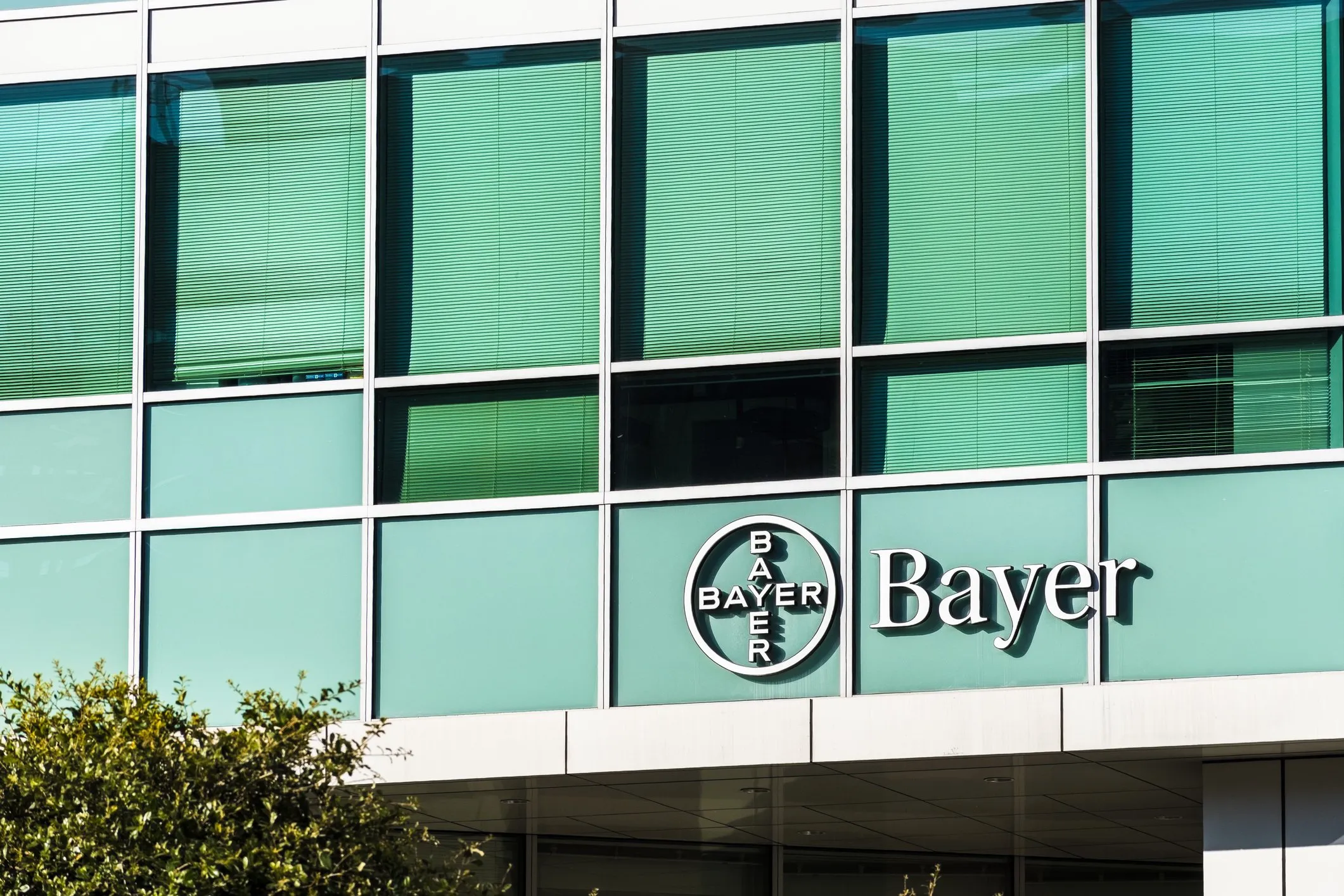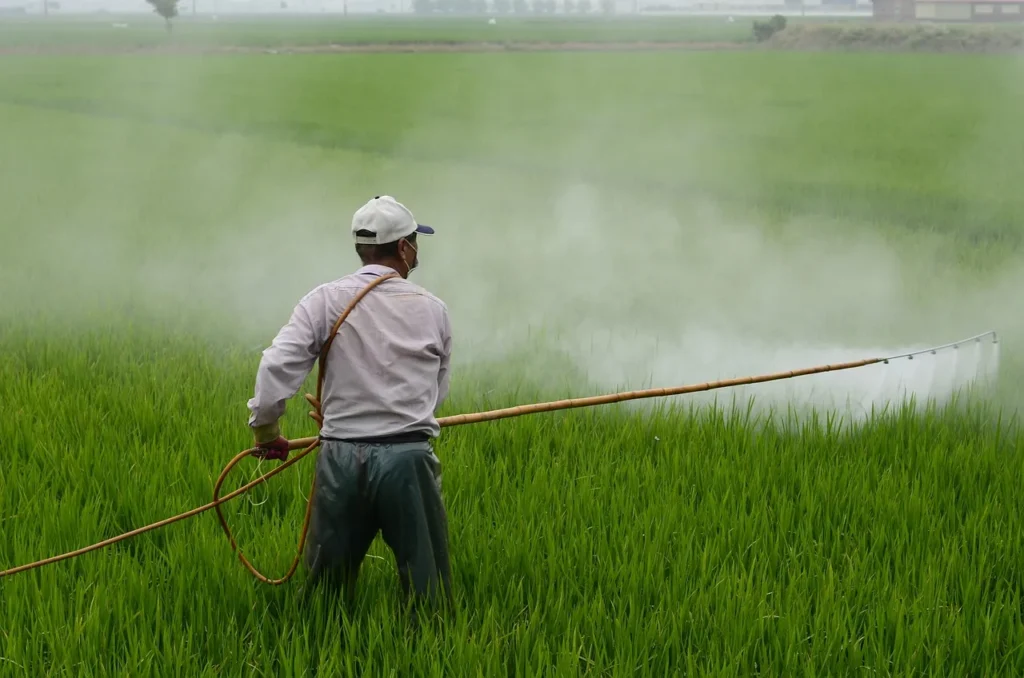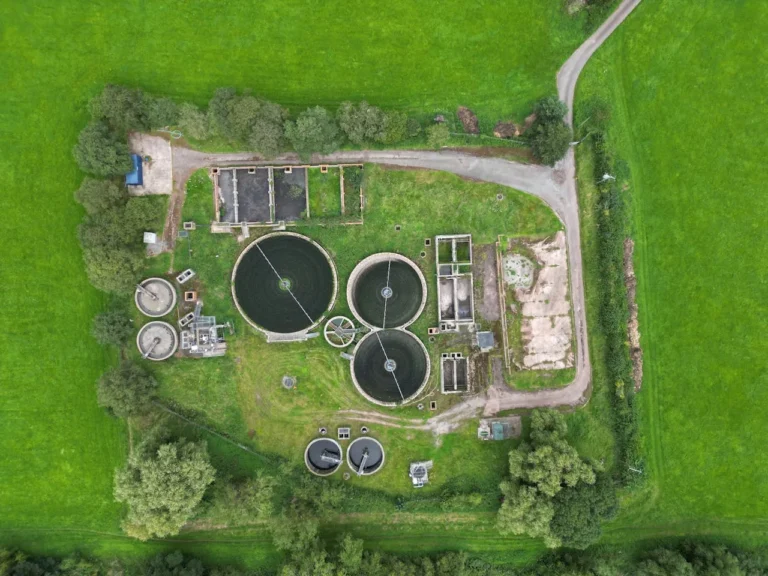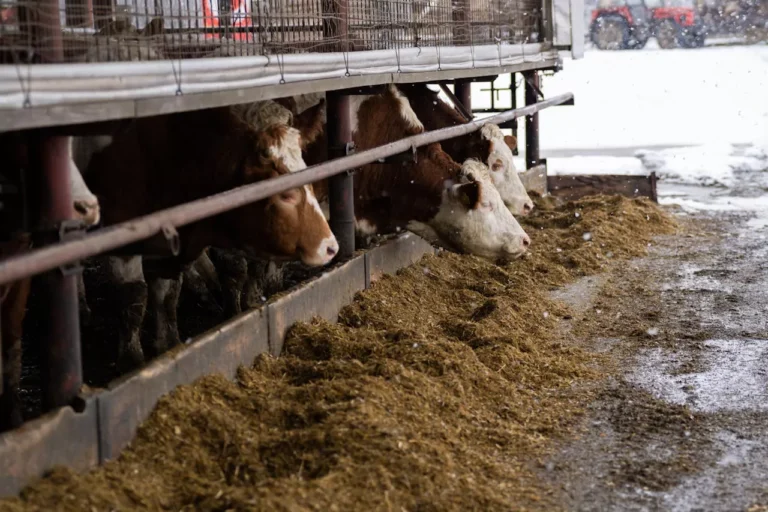
Bayer has taken a major step forward in its innovation strategy by submitting regulatory applications for icafolin-methyl—a next-generation herbicide with a novel mode of action—in the European Union. This move follows previous submissions in Brazil, the United States, and Canada, positioning icafolin as the first new post-emergent weed control mode of action for broadacre crops in over three decades.
According to Bayer, the global rollout of icafolin is expected to begin as early as 2028, starting in Brazil. The herbicide is projected to reach peak annual sales of approximately €750 million, highlighting its potential as a blockbuster product in the agricultural industry. The development and regulatory progression of icafolin have been significantly accelerated through Bayer’s new operating model known as DSO (Dynamic Science Operations), which the company credits for bringing this breakthrough product closer to market faster than anticipated.
A Novel Mode of Action for a New Era in Weed Control
Icafolin is part of an entirely new chemical class that brings a unique mode of action to the market, an innovation that addresses the increasing threat of herbicide-resistant weeds. Unlike existing chemistries, icafolin’s action disrupts weed growth in a way that essentially “freezes” the plant in place. Treated weeds cease to compete with crops for essential resources like sunlight, water, and nutrients, yet remain structurally intact, forming a natural mulch layer in the field. This not only improves water retention and reduces erosion, but also provides long-lasting weed suppression, aligning closely with regenerative agricultural practices.
The innovation is designed to be complementary to existing herbicides such as glyphosate. Rather than replacing current tools, icafolin strengthens a farmer’s weed management arsenal by introducing a new mechanism that targets different biological pathways. This approach is critical in slowing the evolution of resistant weed populations, which have become a major global concern threatening crop yields, food security, and farm profitability.
Enabling Regenerative Agriculture and Sustainable Practices
Icafolin is specifically engineered to support environmentally responsible farming systems. With its low application rates and suitability for targeted spraying, the herbicide promotes more precise and sustainable usage. These attributes enabled Bayer to submit regulatory dossiers under reduced risk status—an indication of the product’s favorable environmental and safety profile.
“In the face of rising weed resistance and a changing climate, innovations like icafolin are not optional—they are essential,” said Mike Graham, Head of Research & Development for Bayer’s Crop Science Division. “This herbicide is a game-changer not just for its chemistry but for its role in supporting regenerative practices like no-till and reduced-till farming. These methods improve soil health and contribute to long-term agricultural resilience.”
Icafolin’s ability to minimize the need for tillage is a particularly valuable trait. By eliminating mechanical soil disturbance, farmers can preserve soil structure, reduce carbon emissions, and increase organic matter retention. These benefits play a vital role in mitigating climate change and fostering long-term ecosystem health.
Broad Crop Spectrum and Global Applications
Bayer has designed icafolin for use across a wide range of major and specialty crops. The herbicide is initially being registered for use on soybeans, cereals, pulses, and oilseeds—some of the world’s most widely cultivated broadacre crops. Additionally, the compound is suitable for use on high-value specialty crops such as pome and stone fruits, tree nuts, grapes, and citrus. This broad applicability enhances its commercial appeal and global scalability.
Its unique efficacy in various agronomic settings and climates also positions it as a valuable solution for diverse farming systems, from large-scale mechanized farms in North America and Brazil to smaller, diversified farms in Europe and other geographies.
Driving Innovation Through Bayer’s CropKey Platform
Icafolin is the first product developed using Bayer’s CropKey R&D platform—a next-generation approach that uses artificial intelligence, predictive modeling, and multi-dimensional analysis to identify and optimize promising new molecules. CropKey shifts the focus from traditional compound screening to strategic design, allowing scientists to target specific proteins and biological pathways in weeds, pests, and diseases with unprecedented accuracy.

“With CropKey, we’re not just reacting to the pressures of modern agriculture—we’re anticipating them,” said Rachel Rama, Senior Vice President and Head of Small Molecules at Bayer Crop Science. “By using AI and advanced modeling, we dramatically reduce the time from discovery to market while ensuring we deliver safer, more sustainable products. Icafolin is just the beginning of what this technology can unlock.”
The CropKey platform prioritizes sustainability and farmer convenience throughout the development process, optimizing not only for efficacy and environmental compatibility but also for ease of application and real-world performance. This integrated approach enables Bayer to meet rising regulatory standards while addressing farmer expectations for tools that work reliably under field conditions.
A Strategic Launch Plan with Global Reach
Following its anticipated launch in Brazil in 2028, Bayer plans to expand sales of icafolin across North America, the European Union, and other key agricultural markets in the years that follow. This phased rollout allows Bayer to tailor its marketing and supply chain strategies to the unique regulatory and agronomic conditions in each region.
Brazil’s status as the initial launch market is strategic, given its role as one of the world’s largest agricultural producers and its early adoption of innovative crop protection technologies. Additionally, Brazil faces some of the most aggressive weed resistance challenges globally, making it an ideal proving ground for icafolin’s capabilities.
The company is confident that icafolin’s versatility, safety profile, and sustainability benefits will resonate with growers across different farming systems and climatic zones. It also marks a significant commercial milestone in Bayer’s commitment to replenishing the crop protection pipeline with breakthrough chemistries at a time when many existing herbicides are losing efficacy or facing regulatory scrutiny.
A Timely Innovation for a Pressing Global Challenge
As the agriculture industry grapples with the dual challenges of feeding a growing population and reducing environmental impact, tools like icafolin offer hope for more resilient and sustainable food systems. With its novel mode of action, compatibility with conservation farming practices, and AI-driven development, icafolin stands as a prime example of what the future of crop protection can and should look like.
Through strategic investments in R&D and global collaboration, Bayer continues to push the boundaries of what’s possible in modern agriculture. Icafolin is not just a product—it’s a critical tool in the fight against weed resistance, and a tangible step toward a more secure, sustainable, and regenerative agricultural future.




